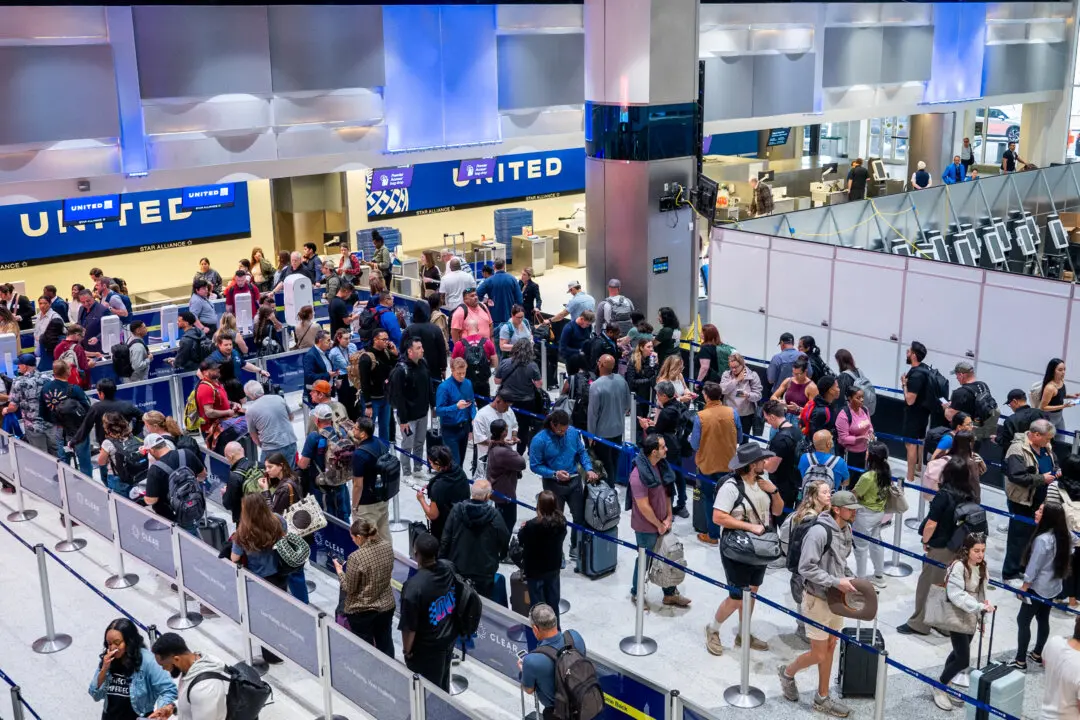The Republican National Committee is appealing a portion of an election integrity decision that may make it easier for non-citizens to vote in presidential elections or by mail.
On May 10, in a joint release, the RNC and the Arizona Republican Party announced they are appealing a key portion of a federal ruling issued in February. The move would seek to strengthen protections against non-citizens voting in the state’s elections.





